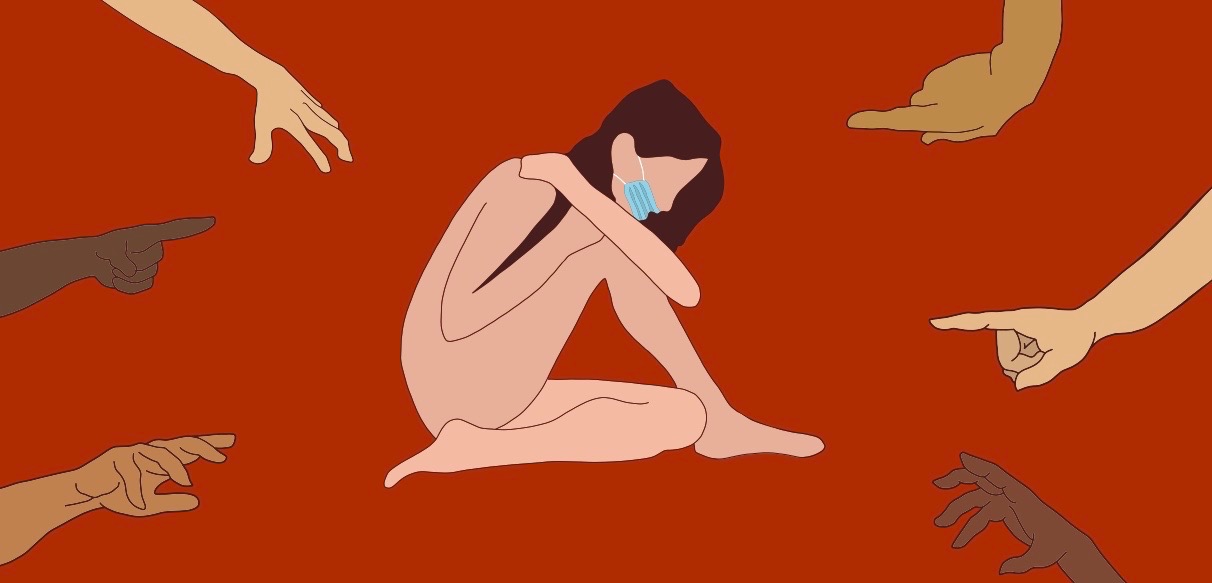[1] In Italian, “cura” means both “care, attention” and “cure, treatment.” (Translator’s Note).
[2] Sibilla Aleramo, Una donna (Milano: Feltrinelli, 1977), 66. Quoted in Lea Melandri, Come nasce il sogno d’amore (Torino: Bollati Boringhieri, 2002), 49.
[3] Ibid., 48-49.
[4] RSA, Residenza Sanitaria Assistenziale, “Sanitary residence care.” “The RSA is a non-hospital home for a variable period (from a few weeks to indefinitely) for dependent persons, who can not be cared for at home and in need of special medical care. RSA can be distinguished from hospital, which is aimed at patients suffering from an acute illness, and the nursing home, which is bound to at least partially self-sufficient elderly.” See http://www.gruppolameridiana.com/en/residenza-sanitaria-assistenziale-rsa-works/. (Translator’s Note).
[5] Pascale Molinier, Care: prendersi cura (Bergamo: Moretti & Vitali Editori, 2019), 13.
[6] “Essere di casa” means, metaphorically, that something happens habitually, that something becomes the norm— “normal” to the point of being familiar. Coercion and abuse, then, are the norm (“di casa”) and happen, more than ever, “in casa,” at home. (Translator’s Note).
[7] Pascale Molinier, Care: prendersi cura (Bergamo: Moretti & Vitali Editori, 2019), 15.
[8] Roberto Faure, “Fabbrica della paura,” Quaderni di San Precario 4 (Milano, dicembre 2012).
[9] Angela Putino, Corpi di mezzo. Biopolitica, differenza tra i sessi e governo della specie, ed. Tristana Dini (Verona: ombre corte, 2011), 74.
[10] Ibid., 69.
[11] Self-determination income: proposed, among others, by the feminist movement “non una di meno,” the self-determination income is envisioned as an unconditional and universal income, not linked to working positions, citizenship or housing (https://drive.google.com/file/d/1r_YsRopDAqxCCvyKd4icBqbMhHVNEcNI/view). (Translator’s Note).
[12] Decree law “Cura Italia”: On March 17, 2020, the Italian Government enacted the so called “Cura Italia” law decree, with the aim of issuing urgent measures to address the economic and social impact of the COVID-19 emergency. See https://www.natlawreview.com/article/covid-19-and-cura-italia-decree (Translator’s Note).
[13] Cristina Morini, Lavorare la vita: attualità della riproduzione sociale, Intervento al seminario UniNomade di Napoli, 23-24 giugno 2012; http://www.uninomade.org/lavorare-la-vita-attualita-della-riproduzione-sociale/. See also Cristina Morini, “Riproduzione sociale,” in Piccola enciclopedia precaria. Dai Quaderni di San Precario, eds. Cristina Morini and Paolo Vignola (Milano: Agenzia X, 2015), 57-72.
[14] La prospettiva politica, documento di Gruppo Femminista per il Salario al Lavoro Domestico, Ferrara, 9 ottobre 1977, in Antonella Picchio and Giuliana Pincelli, Una lotta femminista globale. L’esperienza dei gruppi per il Salario al Lavoro Domestico di Ferrara e Modena (Milano: Franco Angeli, 2019), 86.
